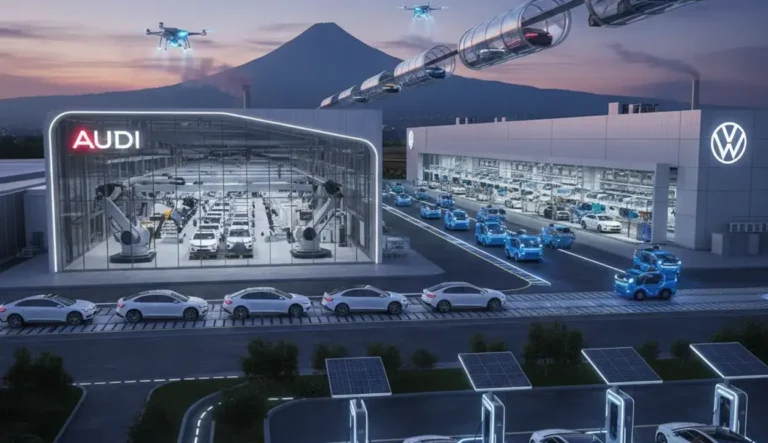The automotive market in Brazil begins 2026 with great dynamism, showing clear trends in sales and preferences according to segments and models. The first days of February confirm the strength of...
News

The automotive market in Brazil begins 2026 with great dynamism, showing clear trends in sales and preferences according to segments and models. The first days of

The Fiat Strada continues to prevail in the Brazilian market, consolidating itself as the best-selling vehicle until February 6, 2026. This success reflects

The Brazilian automotive market begins 2026 with slowed sales dynamics, but shows signs of resistance to adverse economic factors. The marked preference for

The year 2026 promises to be a milestone for the Brazilian automotive market, with almost 100 new launches that mark a stage of innovation and change

In a context of decreased vehicle sales, the VW T-Cross maintains its absolute leadership in Brazil during January 2026. Although the

Historical importance of the Albacete Circuit in classic motorsport The Albacete Circuit has outstanding historical importance in classic and modern motorsport

Importance of Puebla in the production and export of light vehicles in Mexico in 2025 In 2025, Puebla contributed approximately 12.27% of the

Reopening of the Albacete Circuit and its importance for historic motorsports The Albacete Circuit officially reopened on November 29, 2025 after

It's frustrating when your cell phone volume isn't loud enough to enjoy a movie, a song, or even hear clearly

The violin is one of the most complex and challenging instruments to learn, but it is also one of the most rewarding and expressive. With his

The violin is one of the most majestic and versatile instruments out there, used in a variety of musical genres, from classical music to

When it comes to buying or selling a car, one of the most important aspects is making sure the price is fair. In Brazil,
